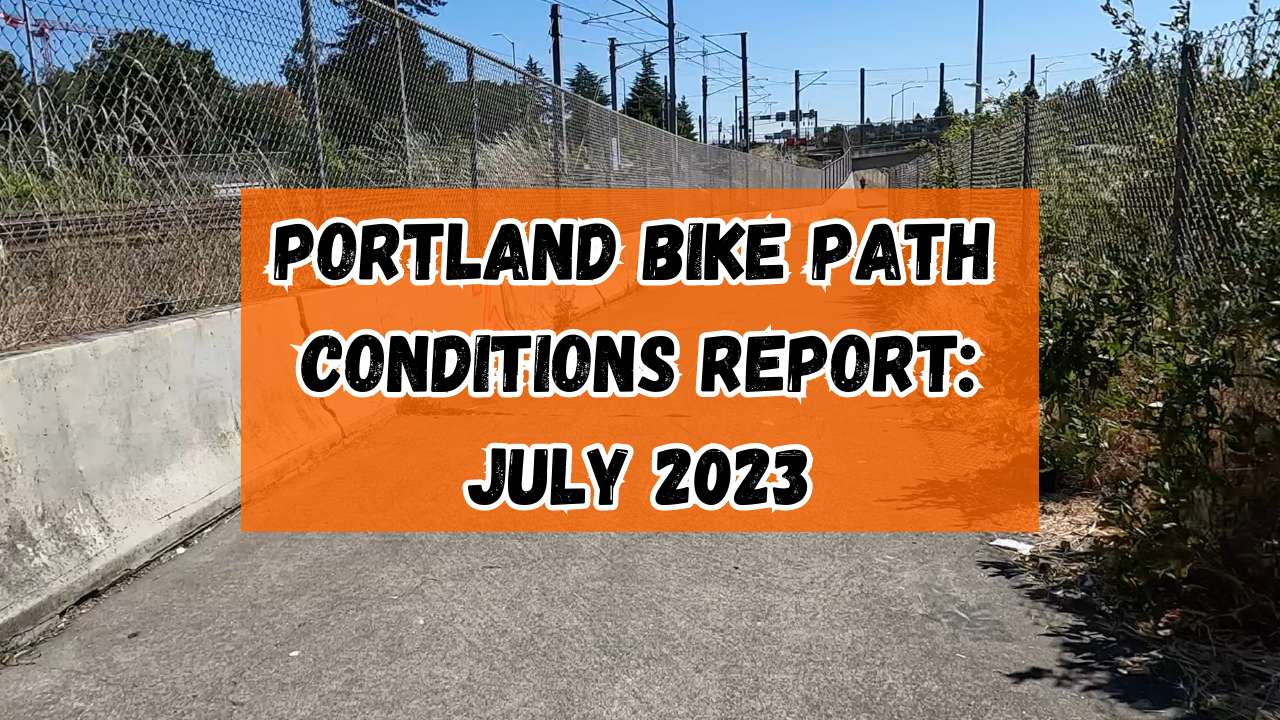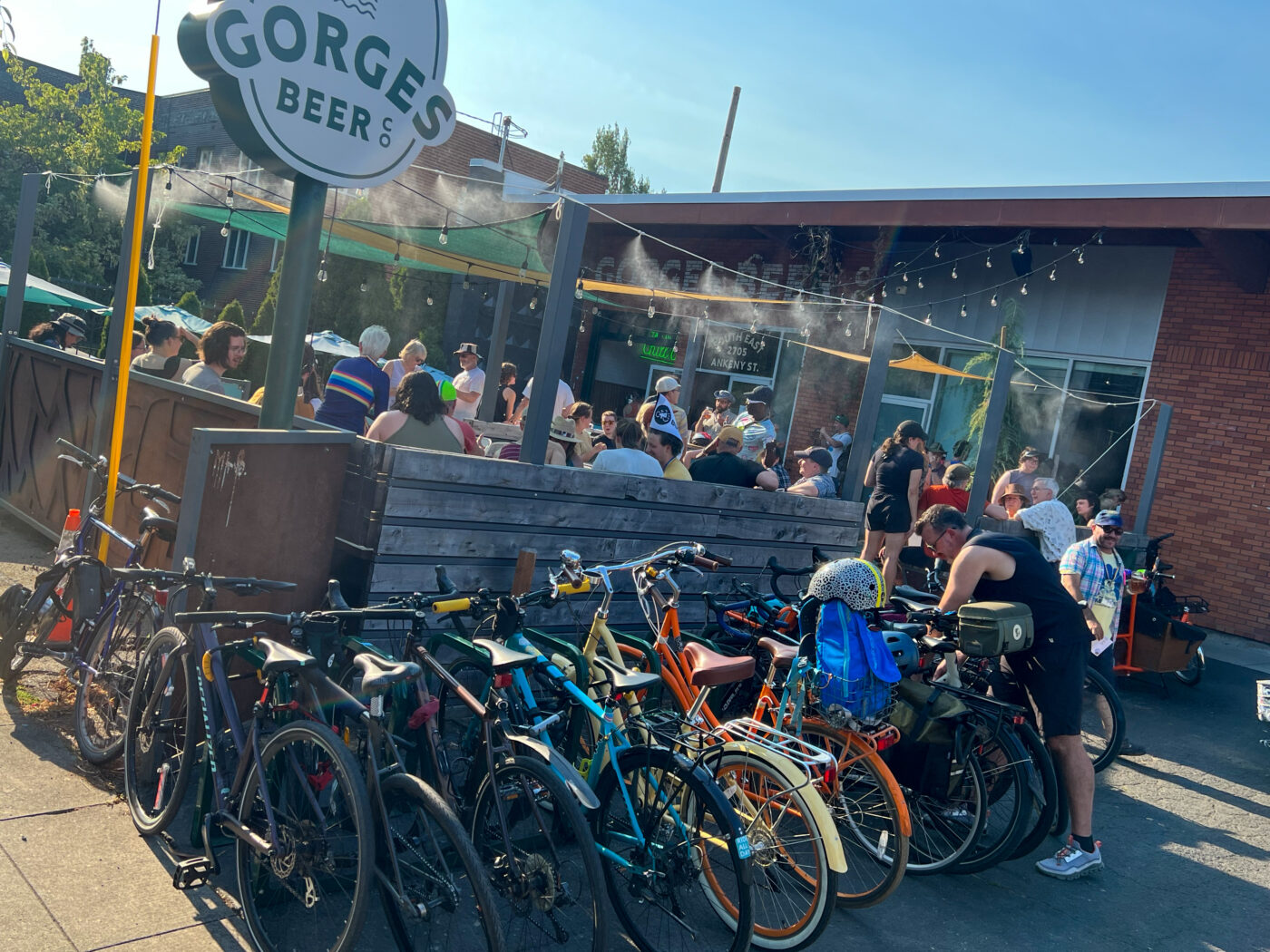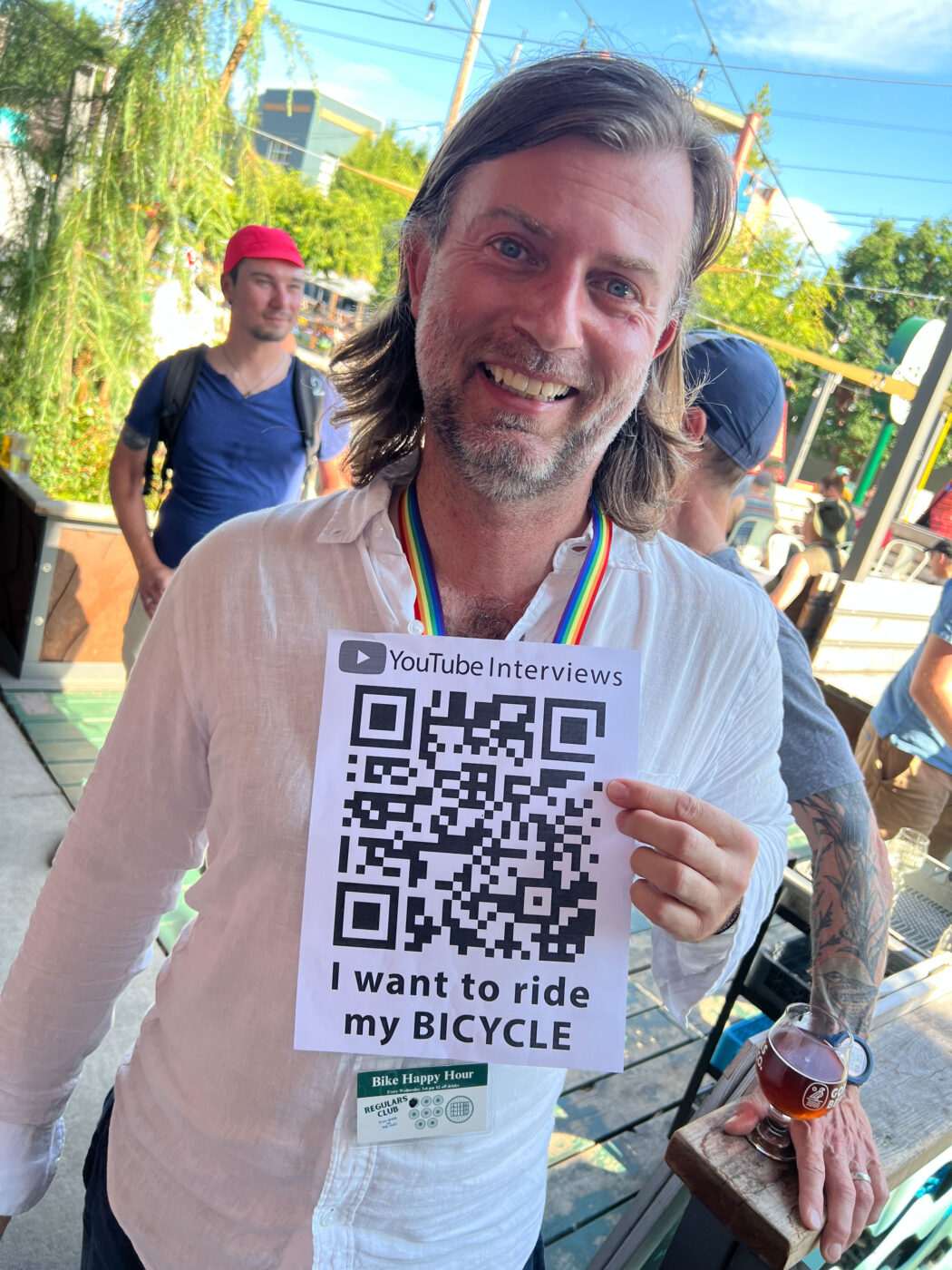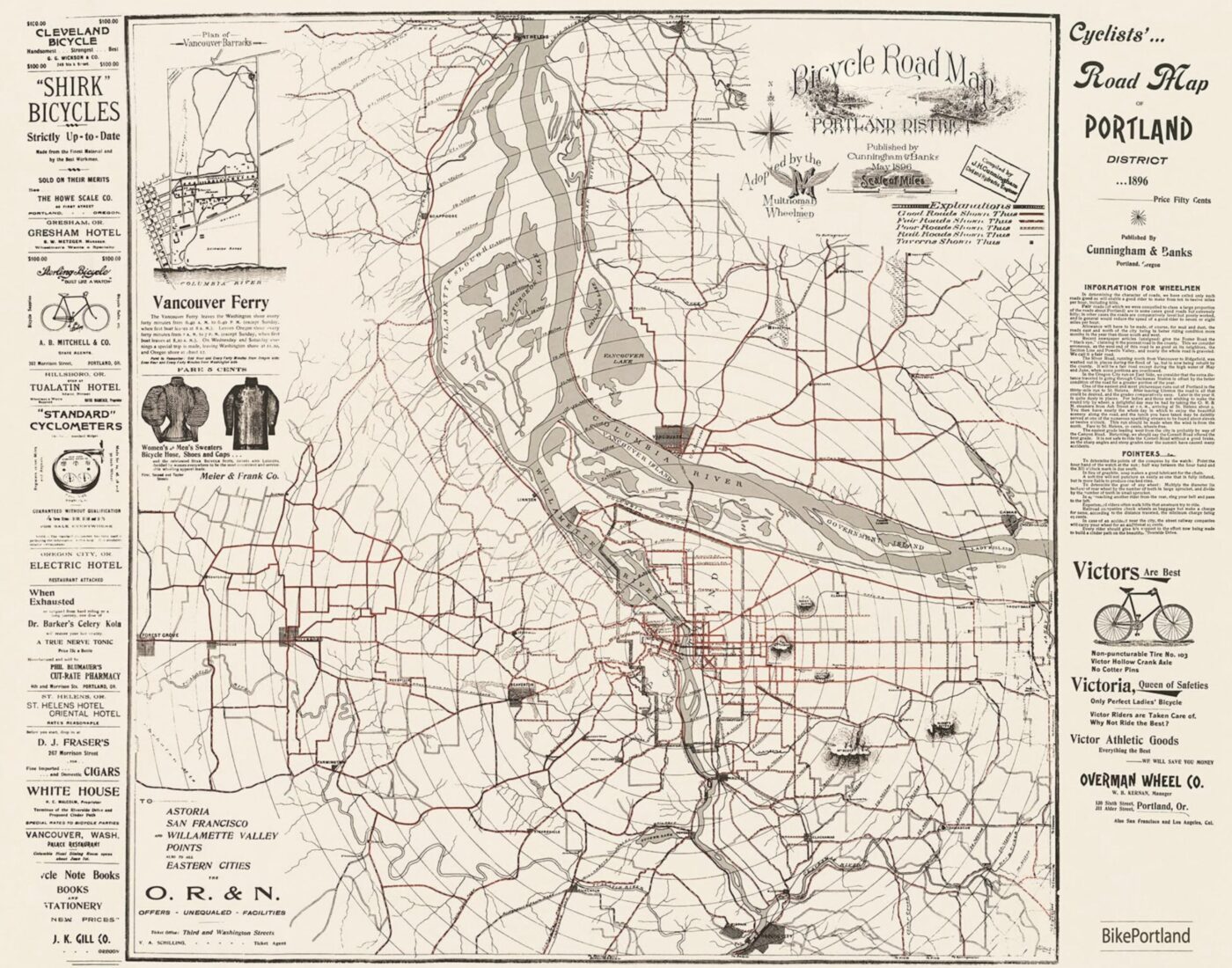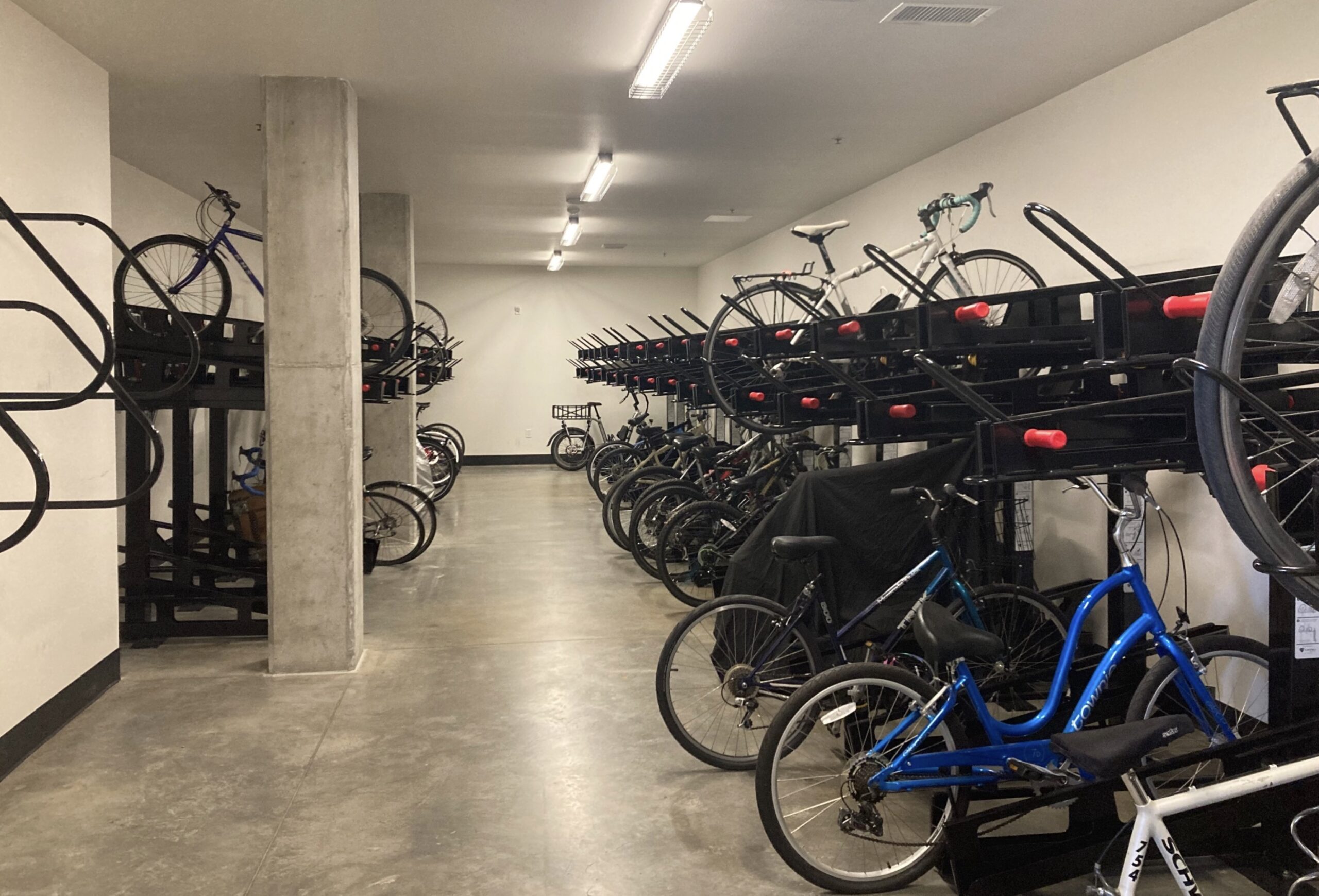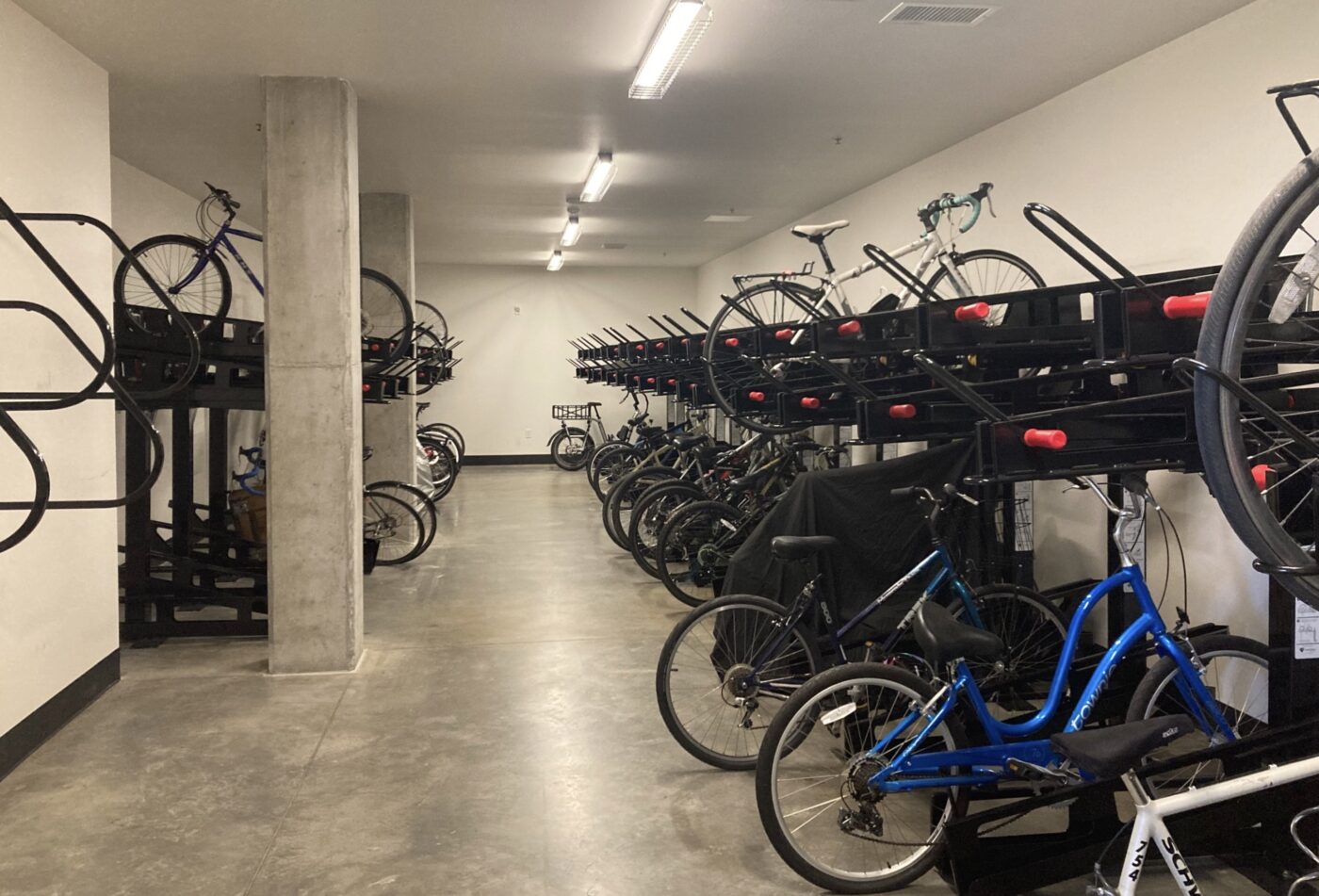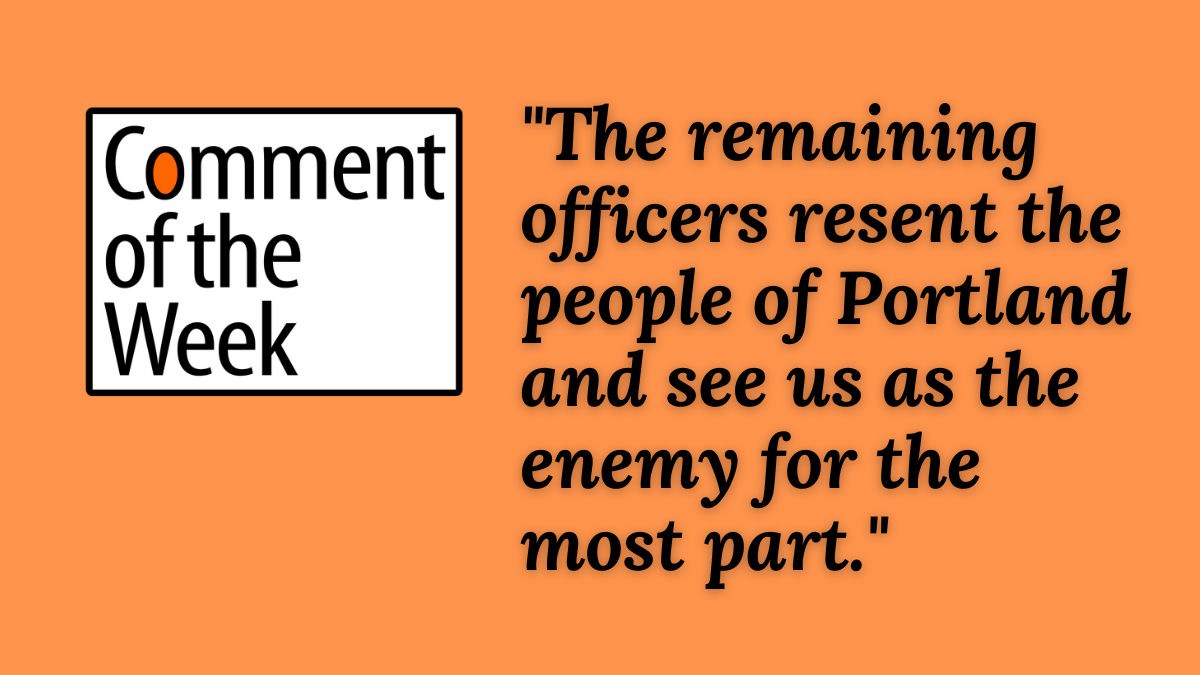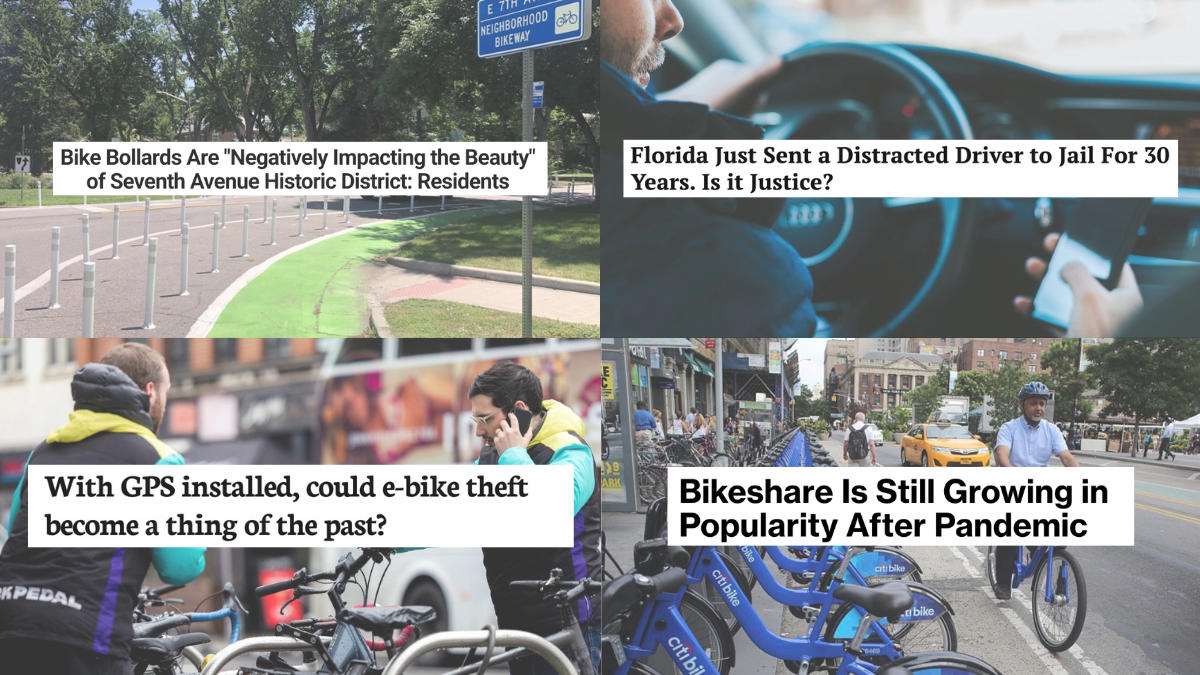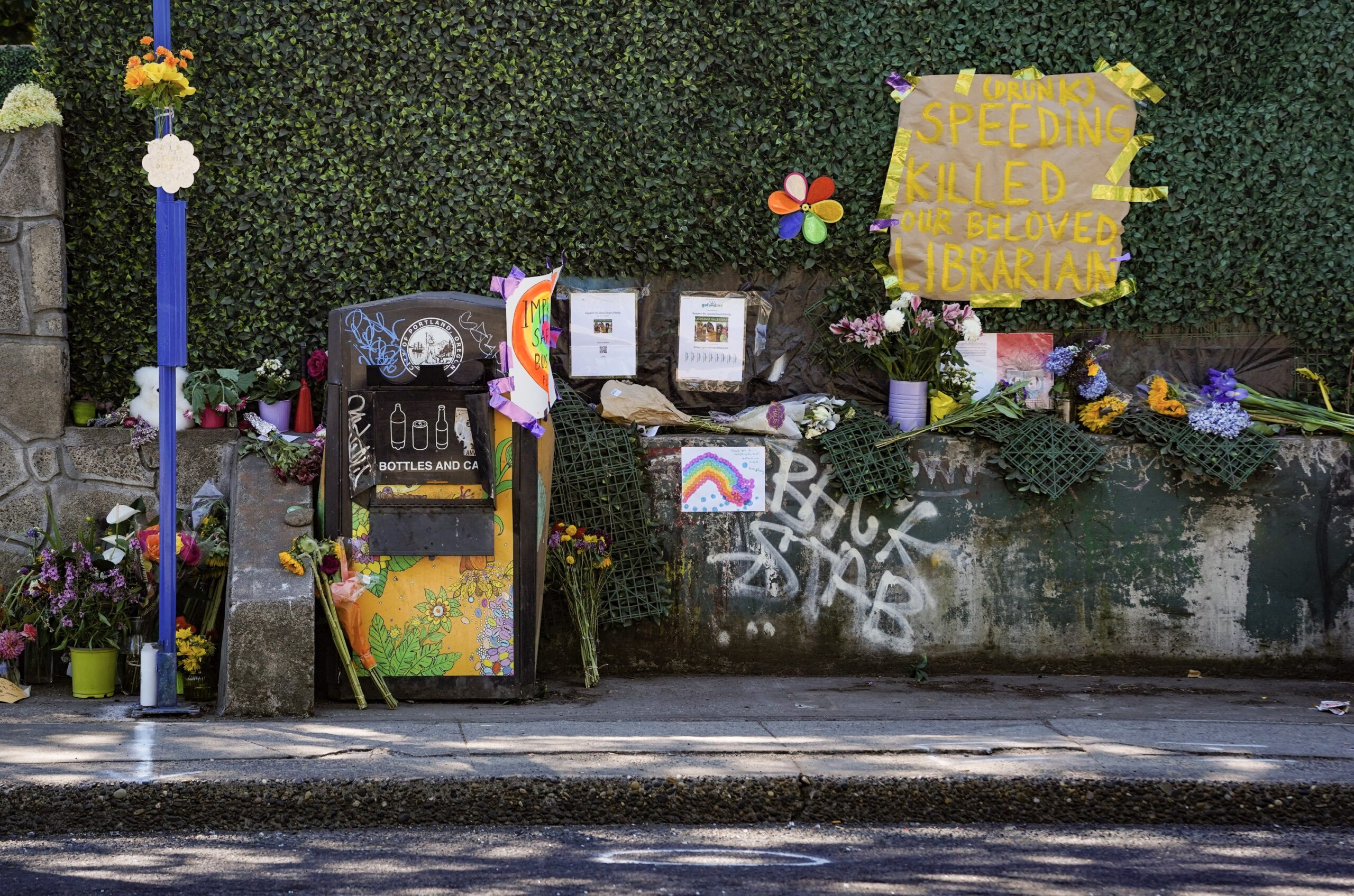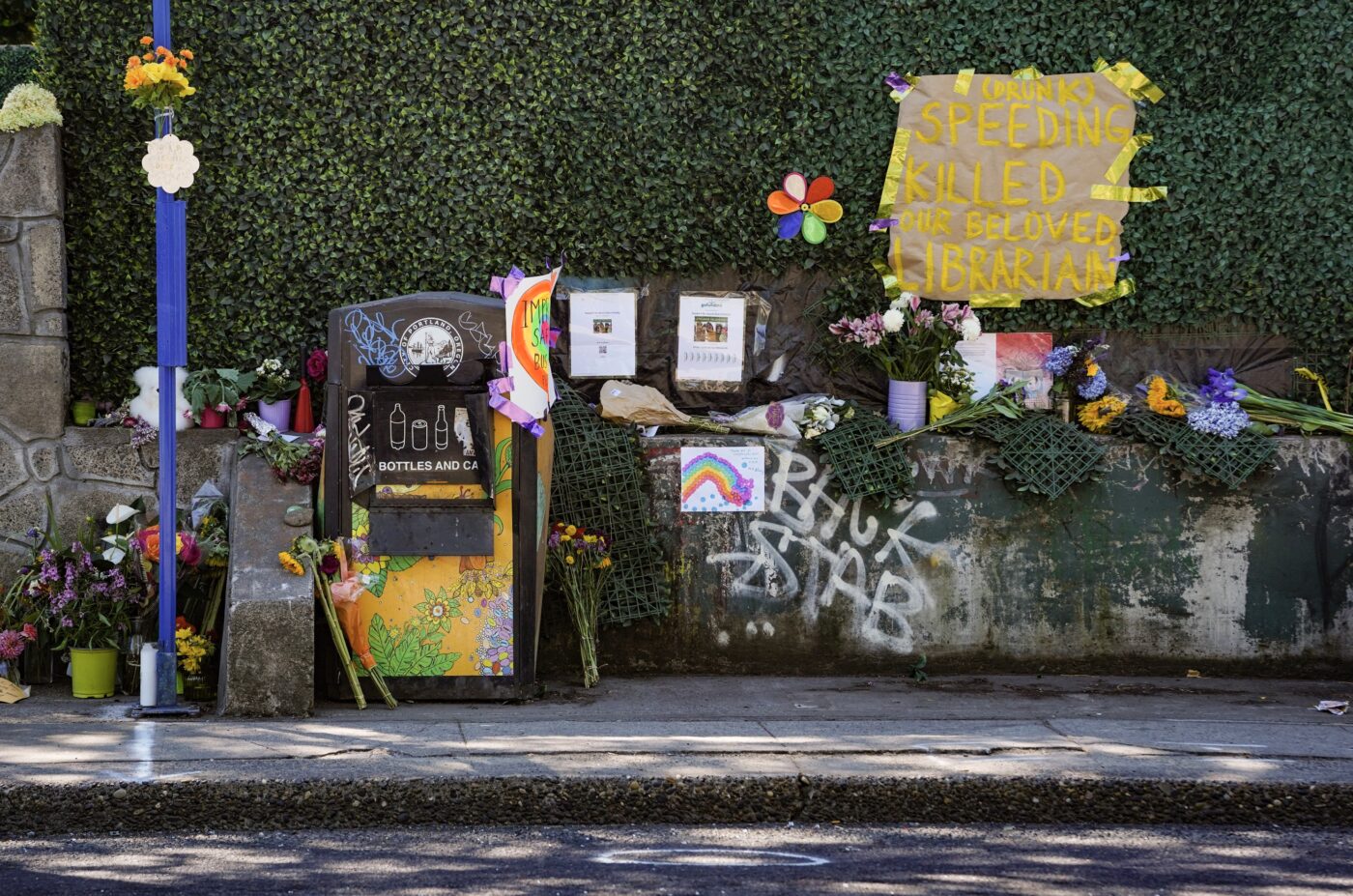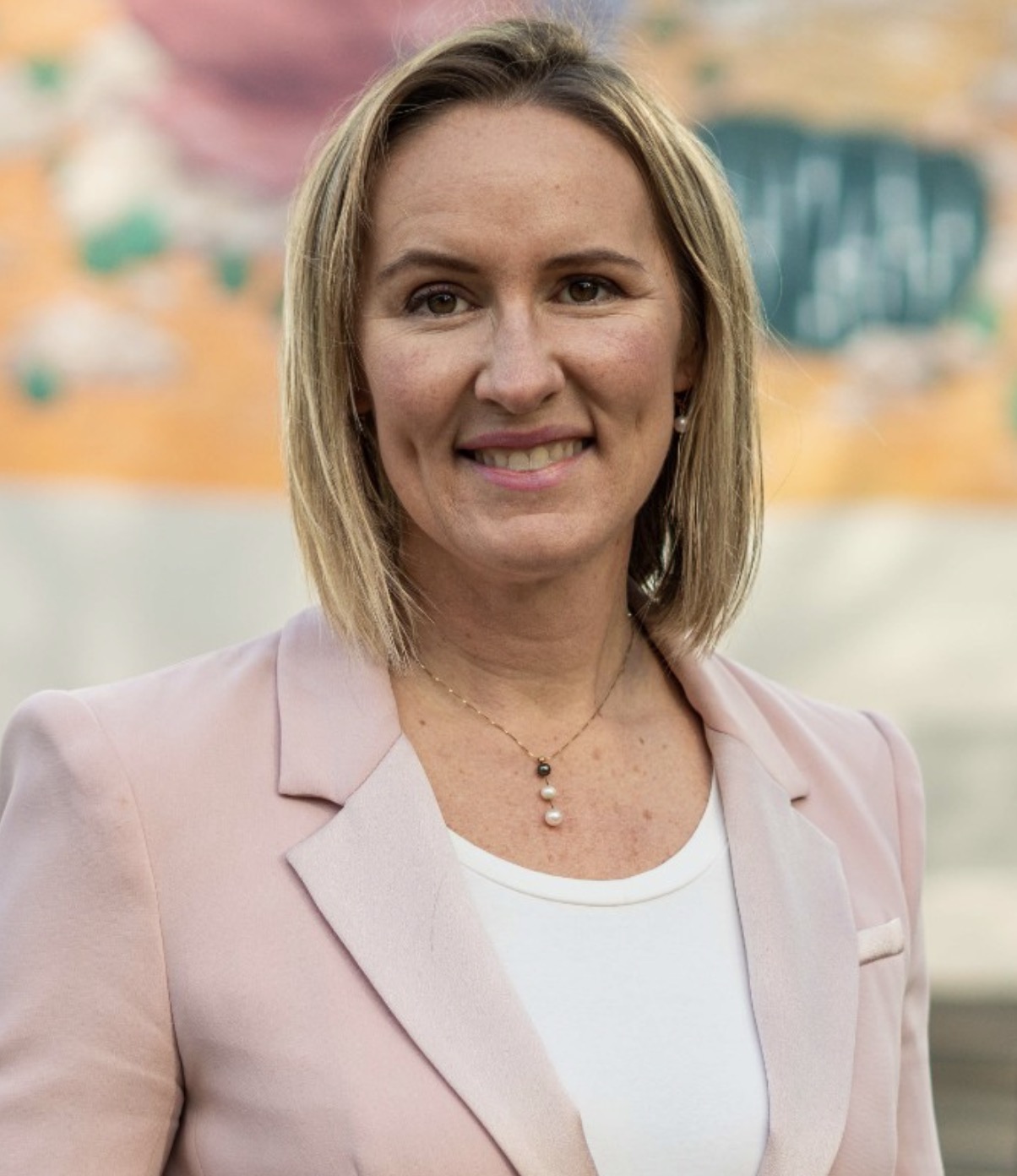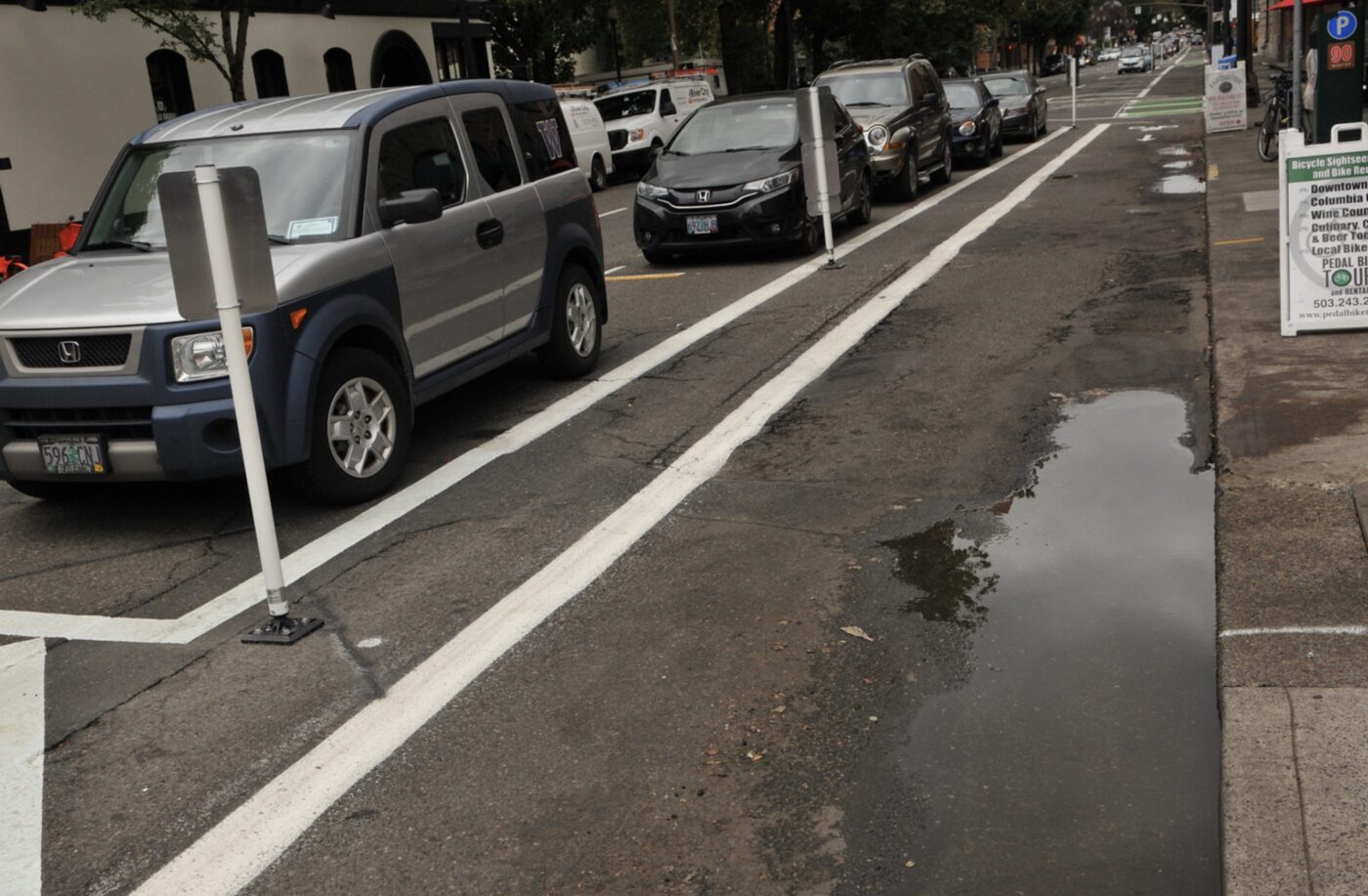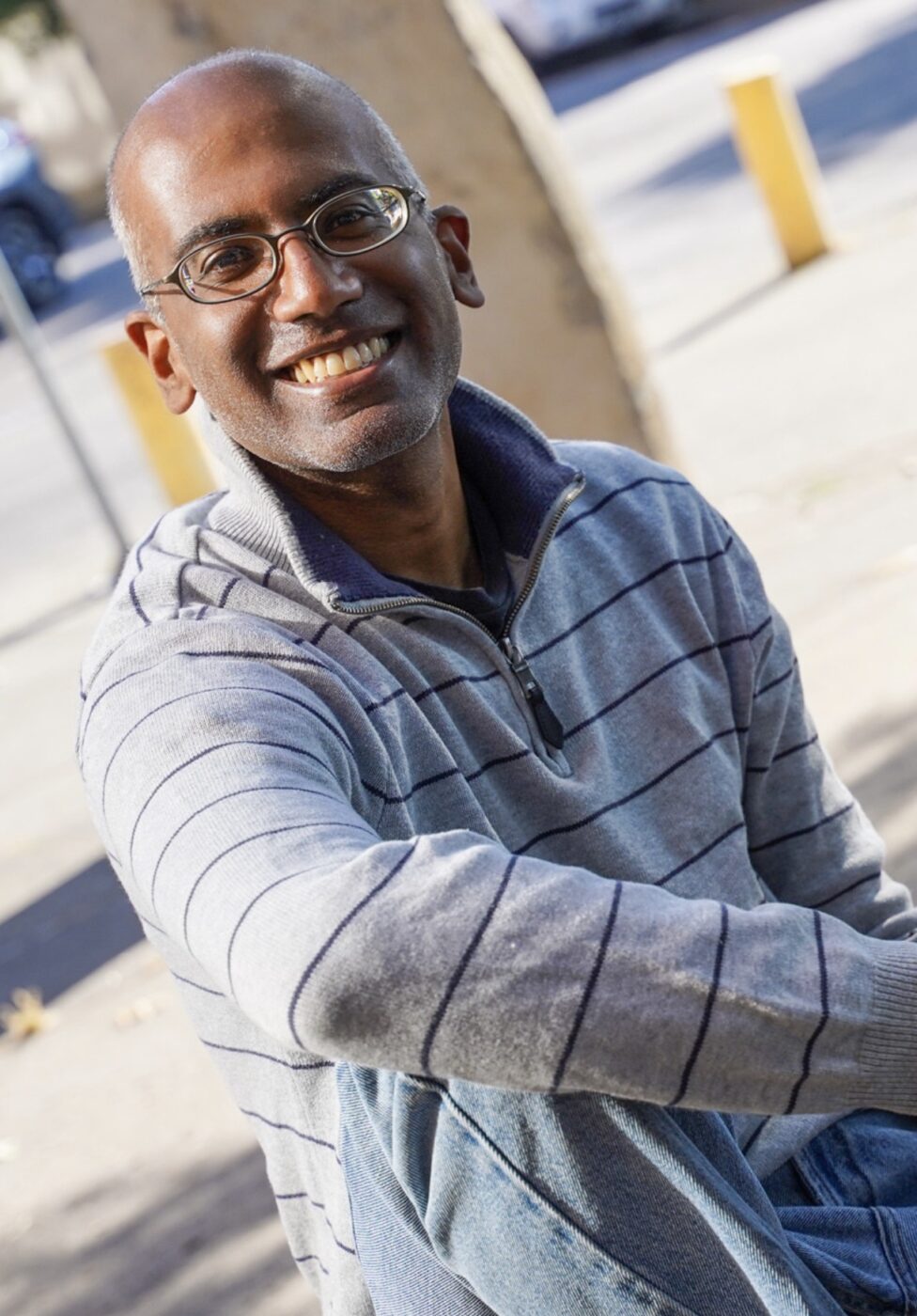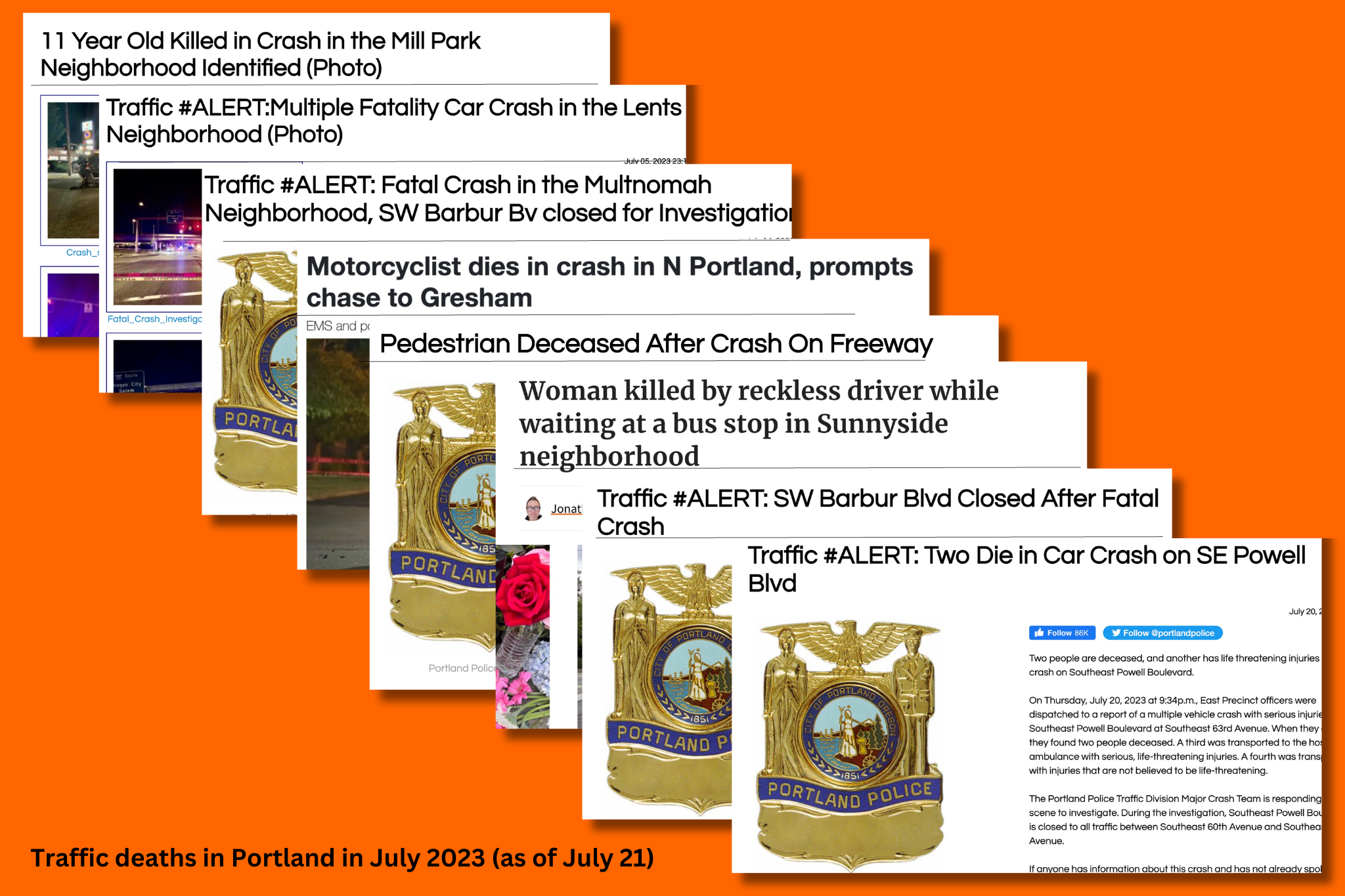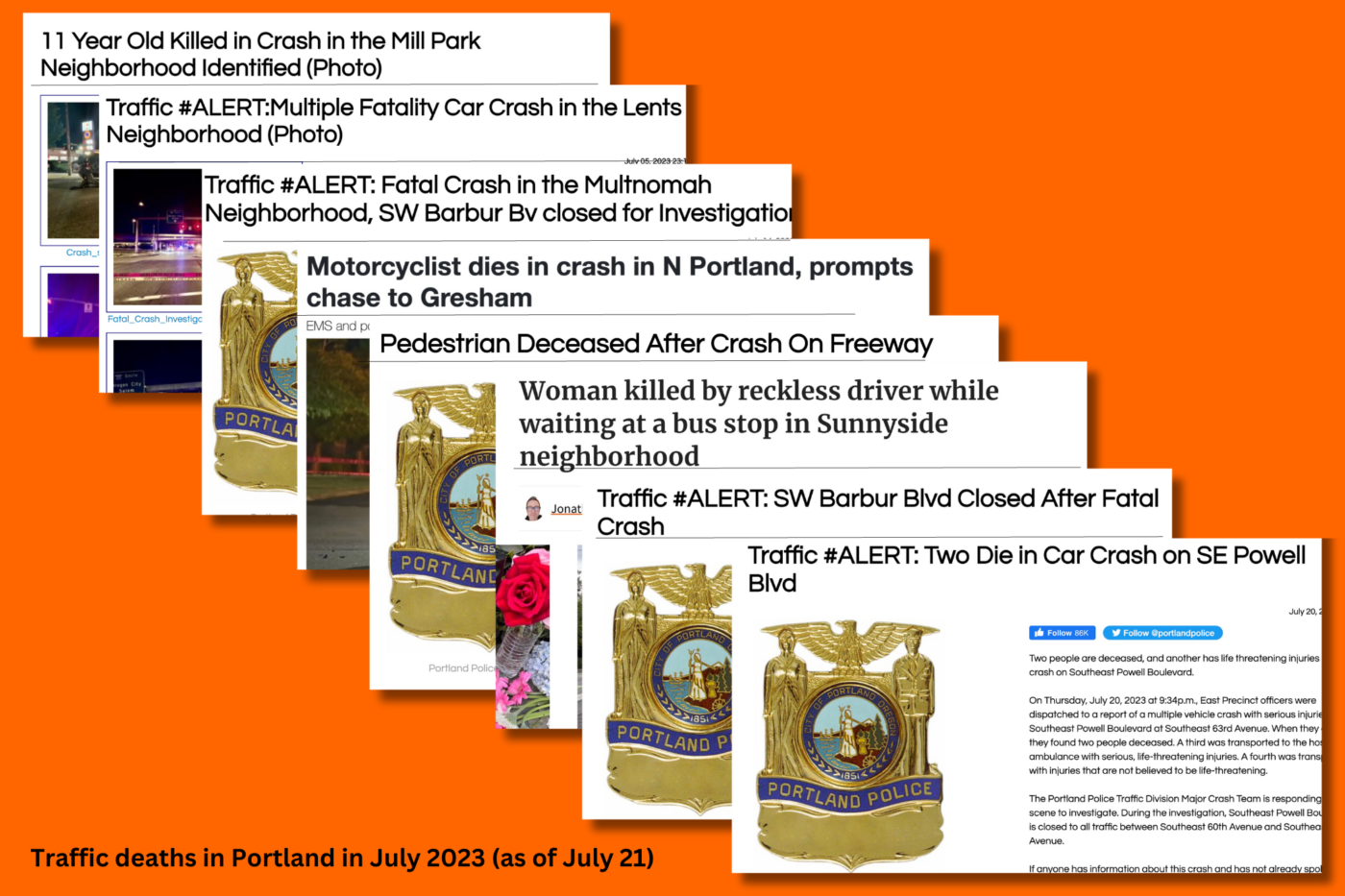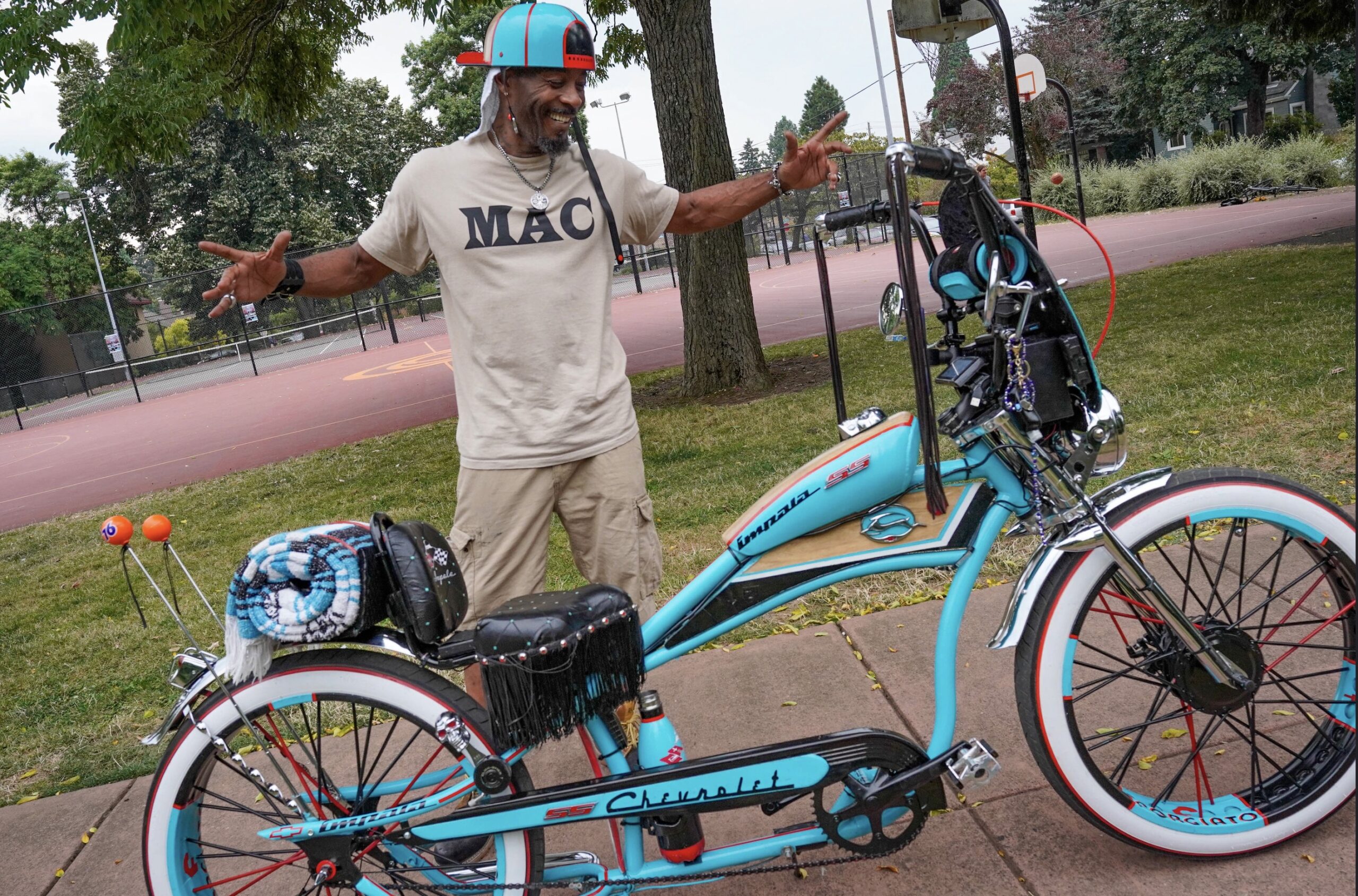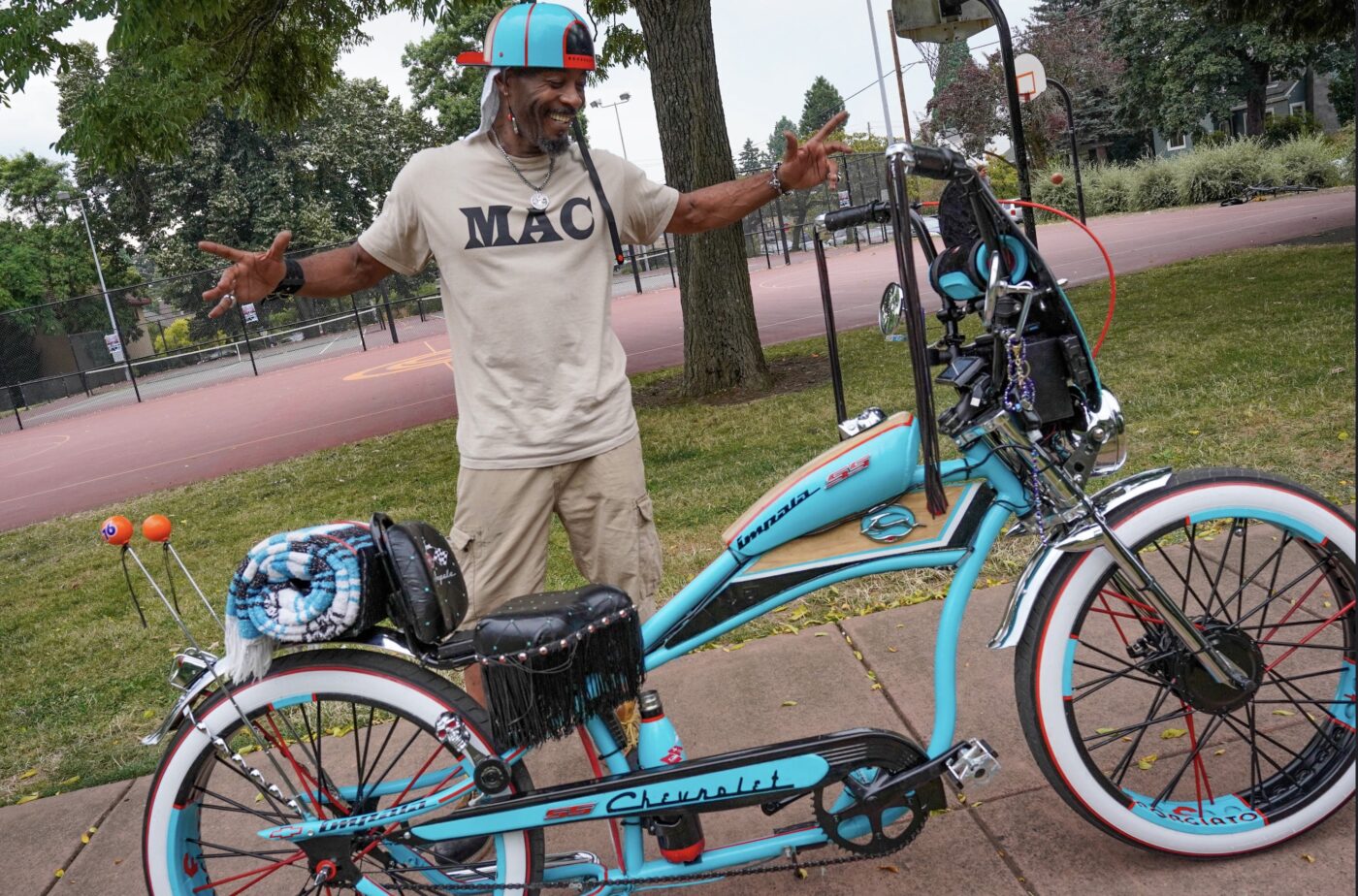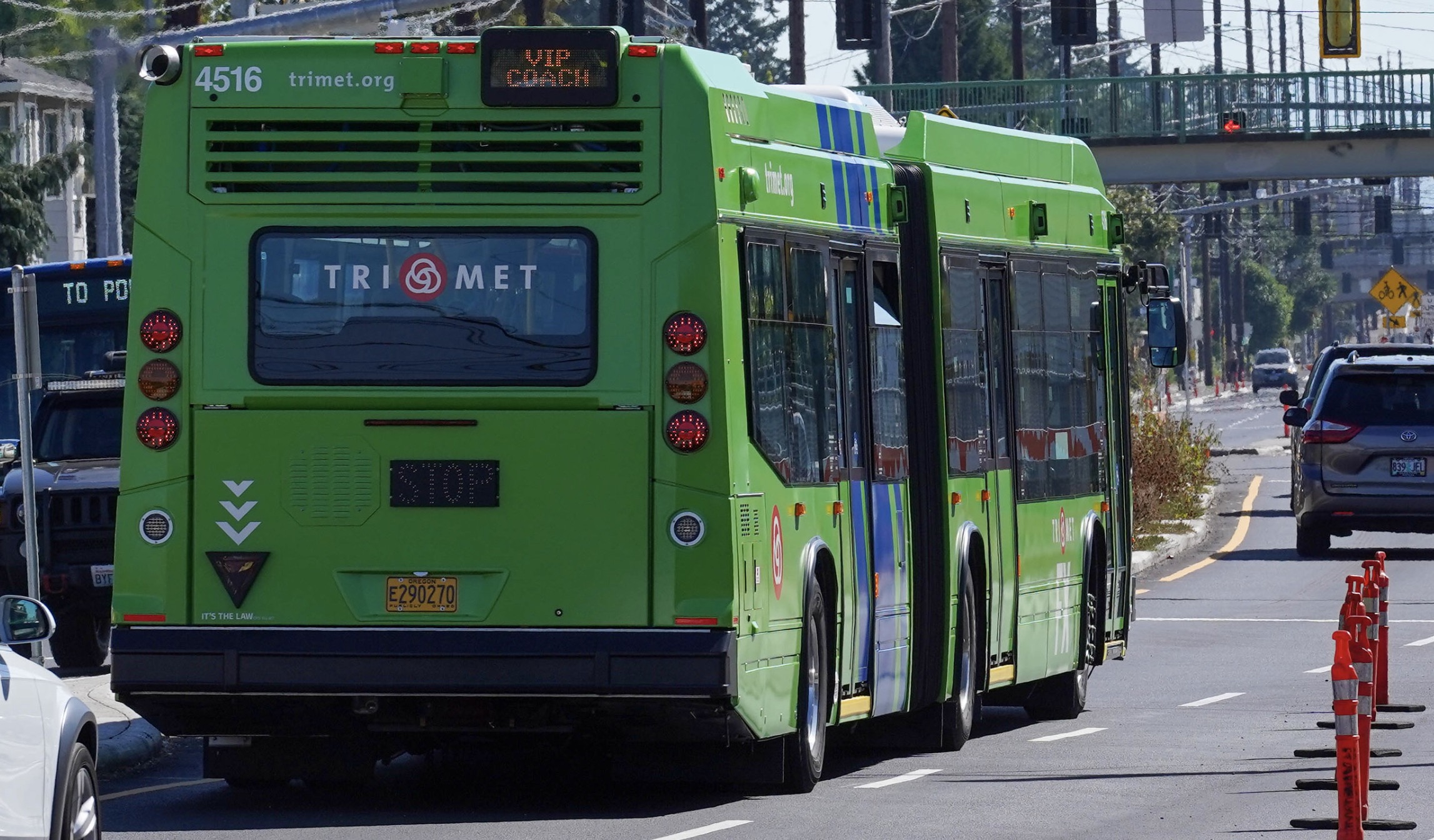Just how bad are Portland’s marquee bike paths these days? Are they safe for everyone to ride? Is the hysteria over homeless campers living on them accurate or overblown?
These are questions I’ve thought about a lot, so I wanted to get out there and see for myself. And I figured bringing a video camera along might help other people answer them as well.
On Saturday I set off on the classic Portland path loop: Marine Drive, I-205, Springwater, Esplanade — I did about 32 miles from Peninsula Park and back. I also looked at NE 33rd Ave to check on the huge community of RV dwellers that have amassed on both sides of the street.
To back up a bit, Portland has struggled with the issue of people living on and adjacent to bike paths ever since massive camps emerged on the Springwater Corridor in 2015. While it feels like we’ve made significant progress in how we address this issue, it remains unresolved.
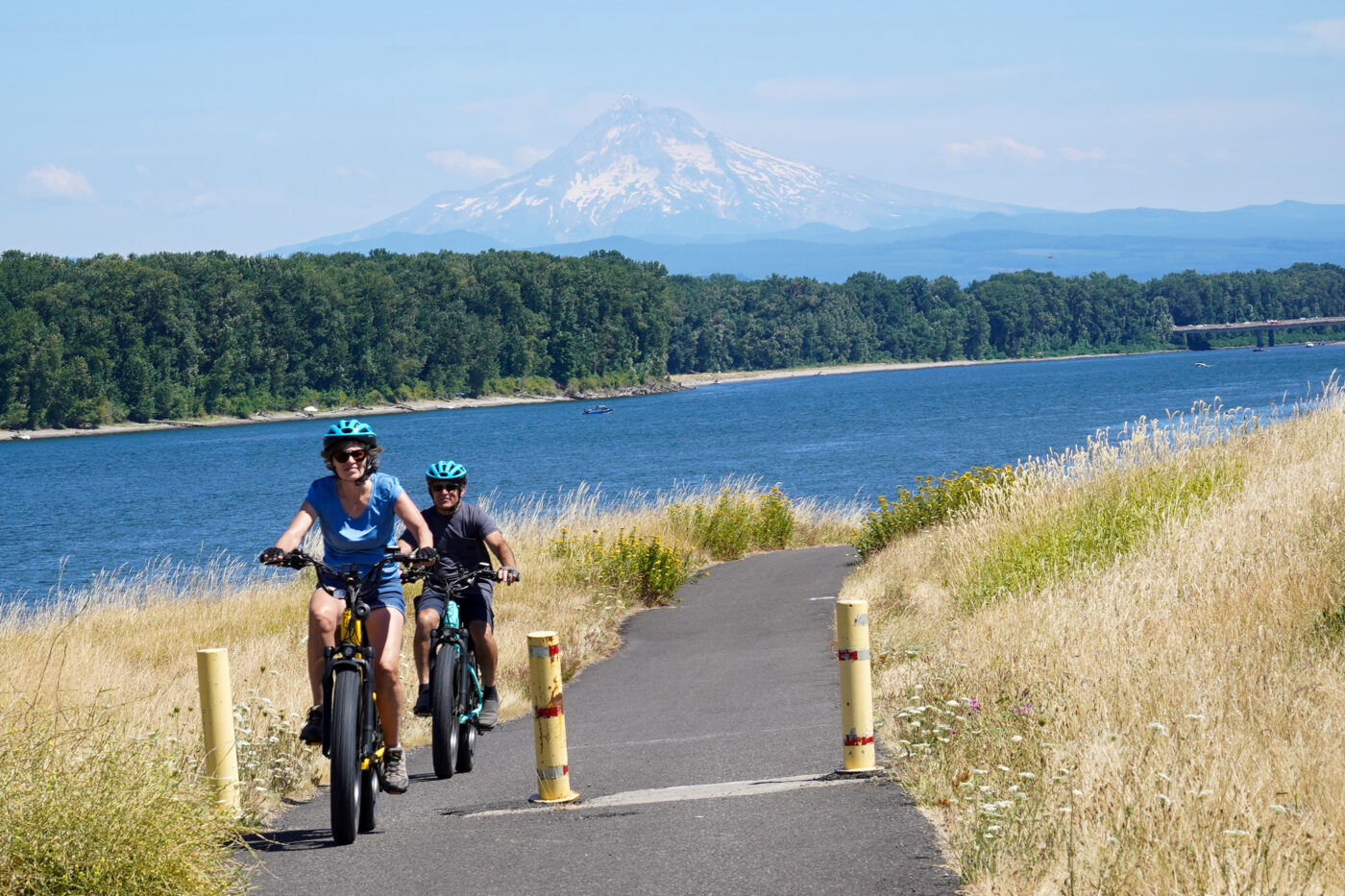

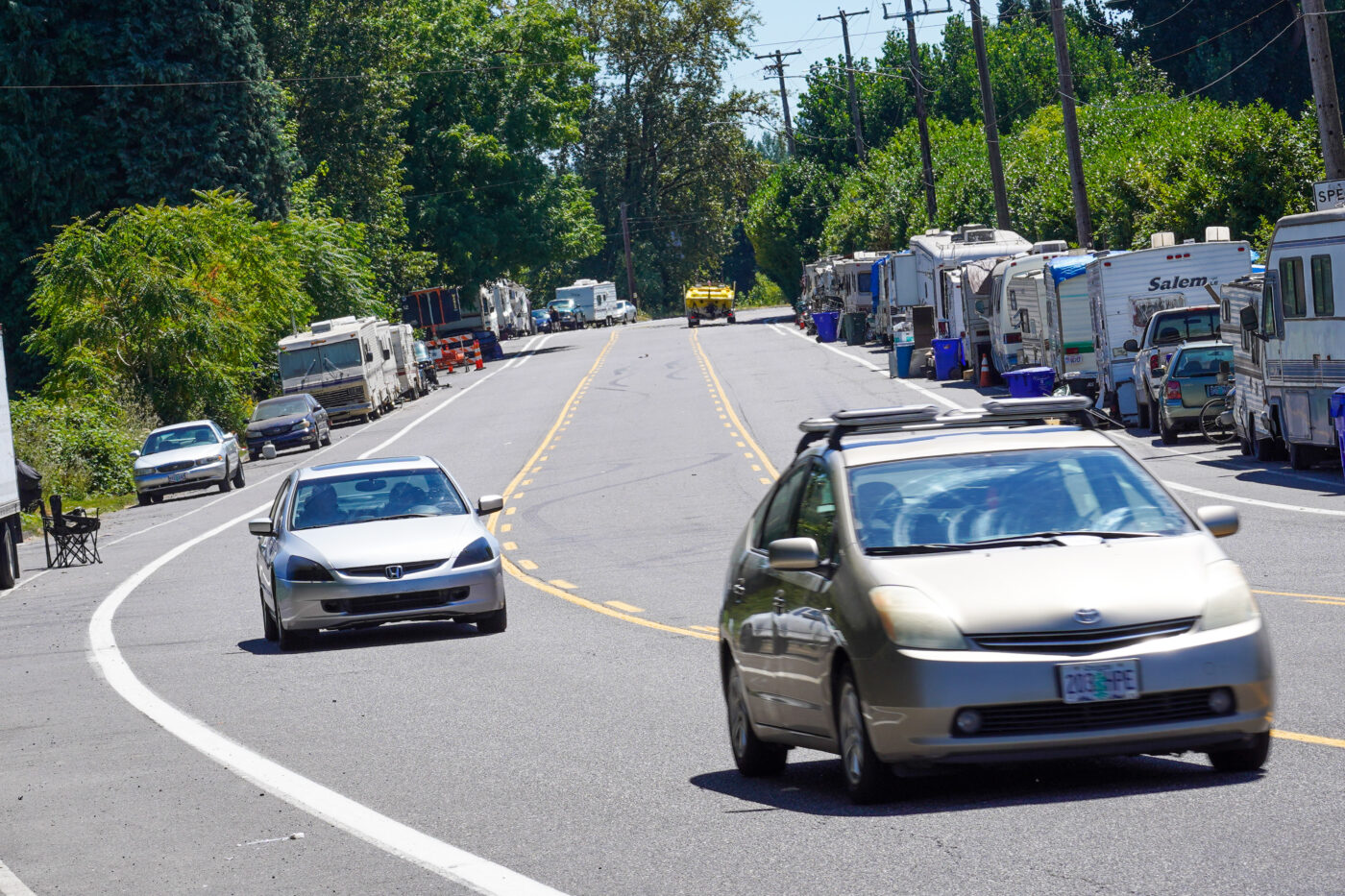

The intersection with cycling is very clear. Many reasonable people have told me they don’t feel safe using paths like the Springwater, or paths along I-205, Marine Drive, the Columbia Slough, Peninsula Crossing Trail, and so on. There have been scary confrontations, thefts, and assaults. In 2017 Metro planners were forced to scrap a path project when fears about homeless camping came to the fore.
In 2019, I was shocked at the conditions of both the I-205 path and the people living along it.
But I also know the issue is often unfairly used as political cudgel by some people. There’s an entire phalanx of folks who are so committed to convincing us “Portland is a lawless wasteland” they will say anything to perpetuate that narrative. So instead of arguing online, I wanted to ground-truth conditions for myself.
As you can see and hear in the video, what I encountered was a very mixed bag. Overall, my experience was much better than some of the “Portland is dying” folks are desperate for you to believe. I never once felt scared and was not approached or threatened by anyone. The vast majority of my time in the saddle was beautiful and the paths were free and clear of anyone — campers or otherwise. (Note: I am very aware that my experiences are not the same as everyone. Your mileage may vary!)
There wasn’t that much trash to be seen (keep in mind my bar is unfortunately still quite low for what’s an acceptable condition on these paths), and the presence of campers and their tents and belongings was relatively minimal compared to a few years ago. Overall, I was happy to see fewer people living outside, but we have a lot of work to do to take care of the ones still out there.
One of my biggest takeaways was a validation of my fear that the negative reputation of these trails has scared people from using them. For a nice, sunny, summer day, it was very lonely as a bike rider out there. Yes, it was pretty hot and I was out there in the hottest part of the day; but there should have been a lot more people out riding.
Through all of Portland’s ups and (mostly) downs in the past decade or so, I’ve never stopped riding these paths — and after doing this ride on Saturday, I now feel better about encouraging others to give them a try.
Here’s what I’ve heard about the video from our YouTube channel subscribers:
“I feel a little better about those paths now that you have done this. That camp under Division is very unsettling and should be moved. I feel like it is time for me to ride some of this again.”
“If there were a group ride (like a small Pedalpalooza ride) on the MUP, it would spark interest in riders to go out and take a look. Perhaps that comfort of being with others, would help calm some of the fears and concerns of the paths.”
“I used to live in Lents near that bike path, its always sad to see the conditions there but I never felt like it was unsafe for me to travel along the path during the day.”
Have a look at the video and tell me if the conditions are worse or better than you expected. And I’d love to know how you are feeling about riding these paths: Have you erased them from your route catalogue? Are you sworn off of them for good? Or are you ready to give them another chance?
I plan to do another video of the same loop in a few months to compare conditions. If there’s a specific location you want me to check out, please let me know. For a rosy look at one particular section of the Marine Drive Bike Path, check out this video I shared on Instagram earlier this week.

